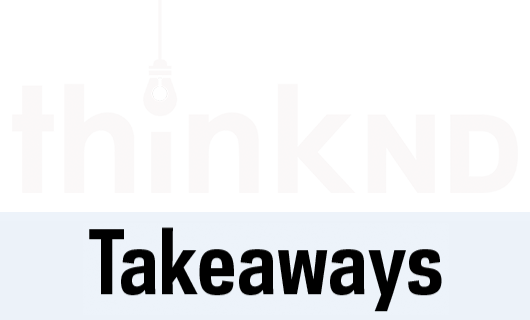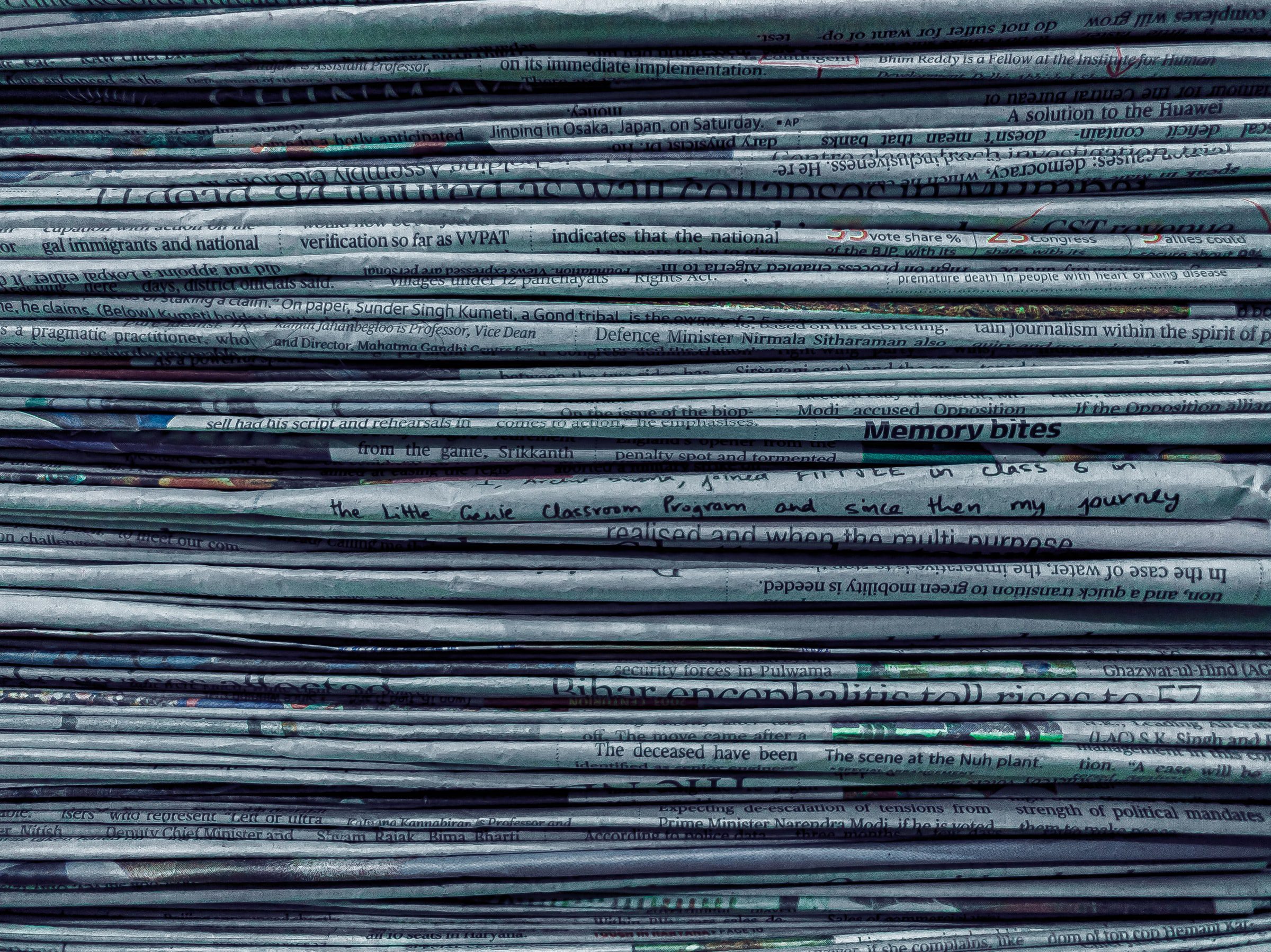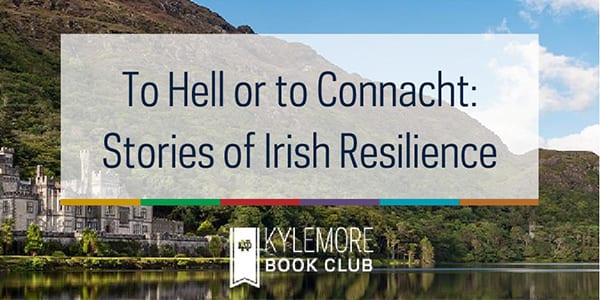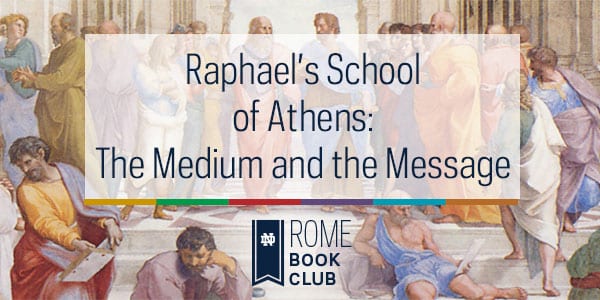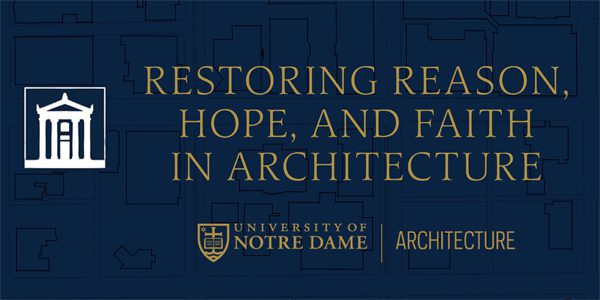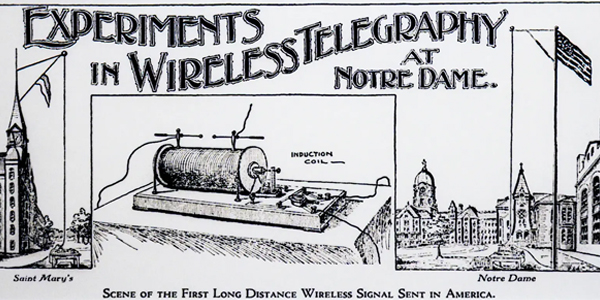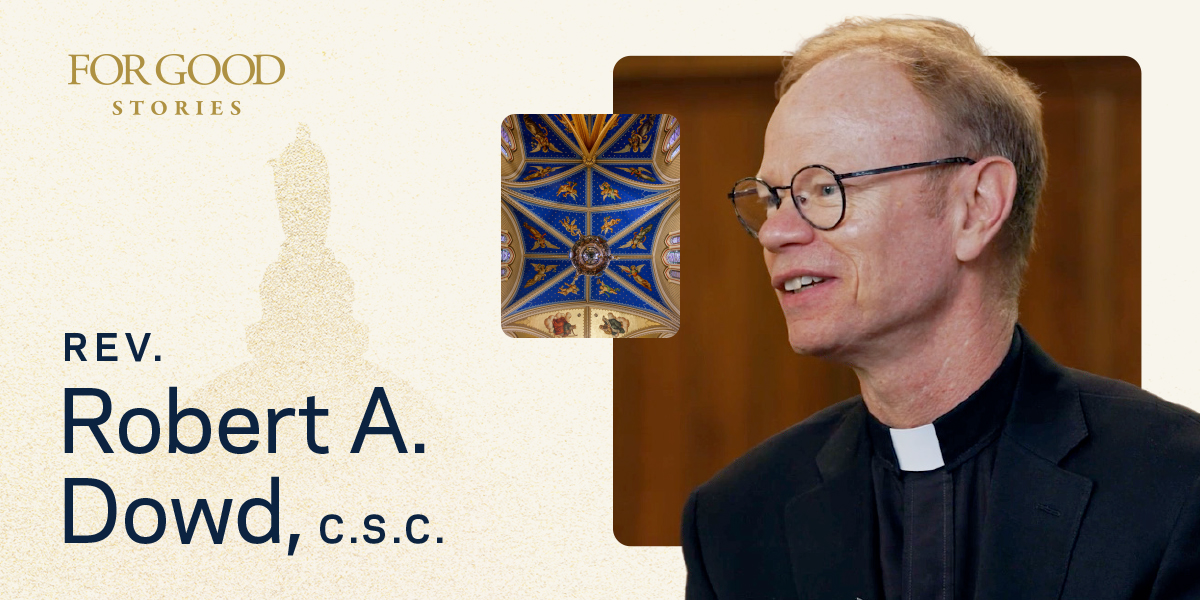TOP 10 LEARNING MOMENTS
- Within two years, the human eye will be unable to distinguish “deep fake” images and video from authentic images.
- A growing consequence of deep fakes will be the so-called “liar’s dividend,” when people who commit real wrongdoing are able cast doubt on their deeds by claiming the authenticity of evidence is questionable.
- The foundational basis in fact upon which debates are held and policy discussions are teased out and debated, even in presidential campaigns and political campaigns, has eroded. — Malachy Browne
- Bolstering STEM education subjects is important, but it cannot come at the expense of a robust civics education.
- We’ve seen a really rapid growth over the years in automated techniques for creating and manipulating media. — Matthew Turek
- There’s really been no sustainable business model for local media in many markets, and so you’ve had entire local newspapers wiped out. — Jamie Fly
- The battle between pioneering new deep-fake creation methods and pioneering ways to detect them will continue for decades to come.
- Clearly disinformation tactics on the part of the Chinese government are here to stay and I think we’re going to see the increasing danger of them. — Sarah Cook
- With the widespread availability and relatively low price of portable, small-sized cameras with WiFi connections, video voyeurism has become a particularly difficult problem to tackle.
- The deck is really stacked against [privacy-violation] victims being able to have some sense of justice in their own hands. — Danielle Citron
Interested in learning more?
This series is hosted by ThinkND, the University of Notre Dame’s online learning community that connects you with videos, podcasts, articles, courses, and other resources to inspire minds and spark conversations on everything from faith and politics to science, technology, and your career.
Featured Speakers
James S. O’Rourke, Teaching Professor of Management, University of Notre Dame
Matthew F. Ferraro, Counsel, Wilmer Cutler Pickering Hale and Dorr, LLP, Washington, D.C.
Malachy Browne, Senior Story Producer, New York Times
Suzanne Spaulding, Senior Advisor for Homeland Security and Director of the Defending Democratic Institutions Project, Center for Strategic and International Studies (CSIS)
Matt Turek, Program Manager, DARPA’s Information Innovation Office (I2O)
Jamie Fly, President, Radio Free Europe and Radio Liberty
Hany Farid, Professor, University of California, Berkeley
Sarah Cook, Research Director for China, Hong Kong, and Taiwan, Freedom House
Danielle Citron, Professor of Law, University of Virginia School of Law
“There’s really been no sustainable business model for local media in many markets, and so you’ve had entire local newspapers wiped out.”
– Jamie Fly
More Like This
Related PostsLet your curiosity roam! If you enjoyed the insights here, we think you might enjoy discovering the following publications.

